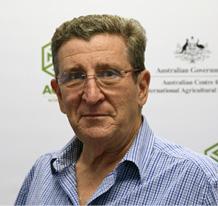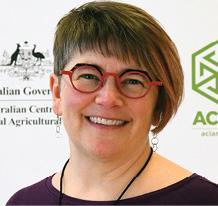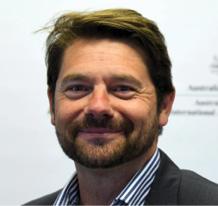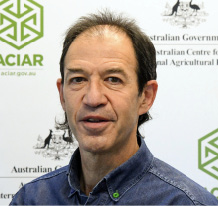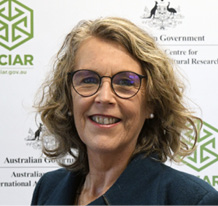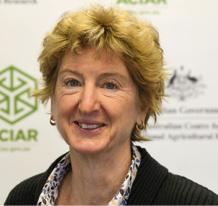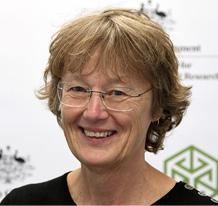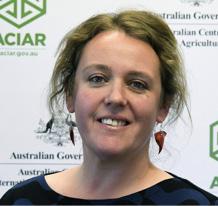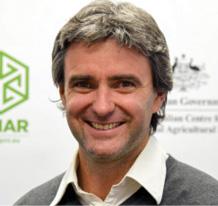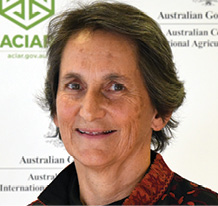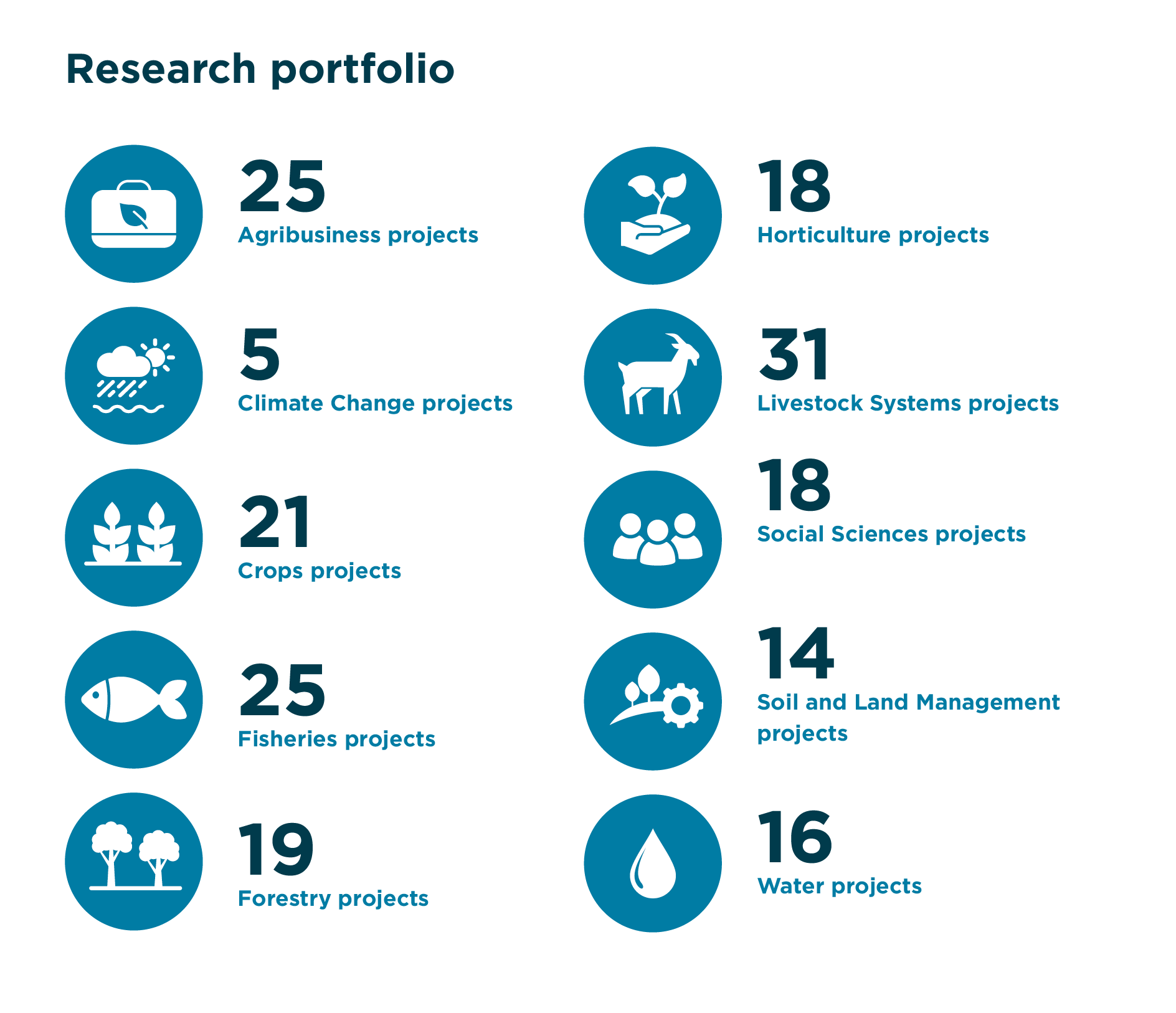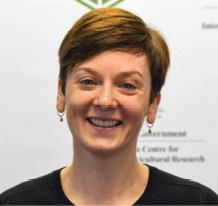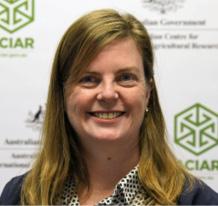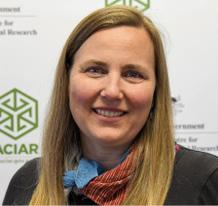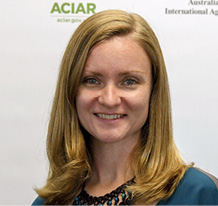The Agribusiness Program focuses on research and adoption of innovations to improve business outcomes for smallholder farmers, their communities and their industries at all points along the agricultural, forestry and fisheries value chain. This includes input supply, production and harvest at the farm level, as well as post-harvest activities such as shipping, processing, packaging and marketing of farm products.
The program seeks to understand and identify skills and opportunities to help smallholders, communities and industries manage complex and interrelated factors, issues and tasks in the production chain, to understand and link markets and adopt new enabling technologies. The program investigates the availability of finance for smallholders to participate in value chains, biosecurity, quality control and quality management of farm production, and compliance with market and government regulations. The program also works and co-invests with private firms to improve the effectiveness, efficiency and sustainability of commercial agrifood chains that link smallholder farmers and their private sector partners to markets.
Projects brokered by the Agribusiness Program strive to build and improve communication and information transfer up and down the value chain, as well as management skills of value-chain participants. Projects supported by ACIAR also address factors that influence market development and opportunities, as well as regulations, policies and institutions that influence production, investment and infrastructure for agriculture. Projects include understanding and building capacity to adapt to structural and agricultural transformation.
Mr Howard Hall is the Research Program Manager for Agribusiness. Before joining ACIAR, Howard founded and operated a specialist agribusiness consultancy for almost 30 years, working across tropical and temperate horticulture, intensive and extensive meat and seafood industries, grains, pulses and field crops, and food packing and processing. He has also worked as a senior manager in corporate agribusiness in the agricultural inputs sector, and in both food manufacturing and food and grocery distribution. Howard has worked across north and South-East Asia, Papua New Guinea and the Pacific. He has a Bachelor of Applied Science (Rural Technology) from the University of Queensland and a Graduate Diploma of Business Studies from the University of New England.
